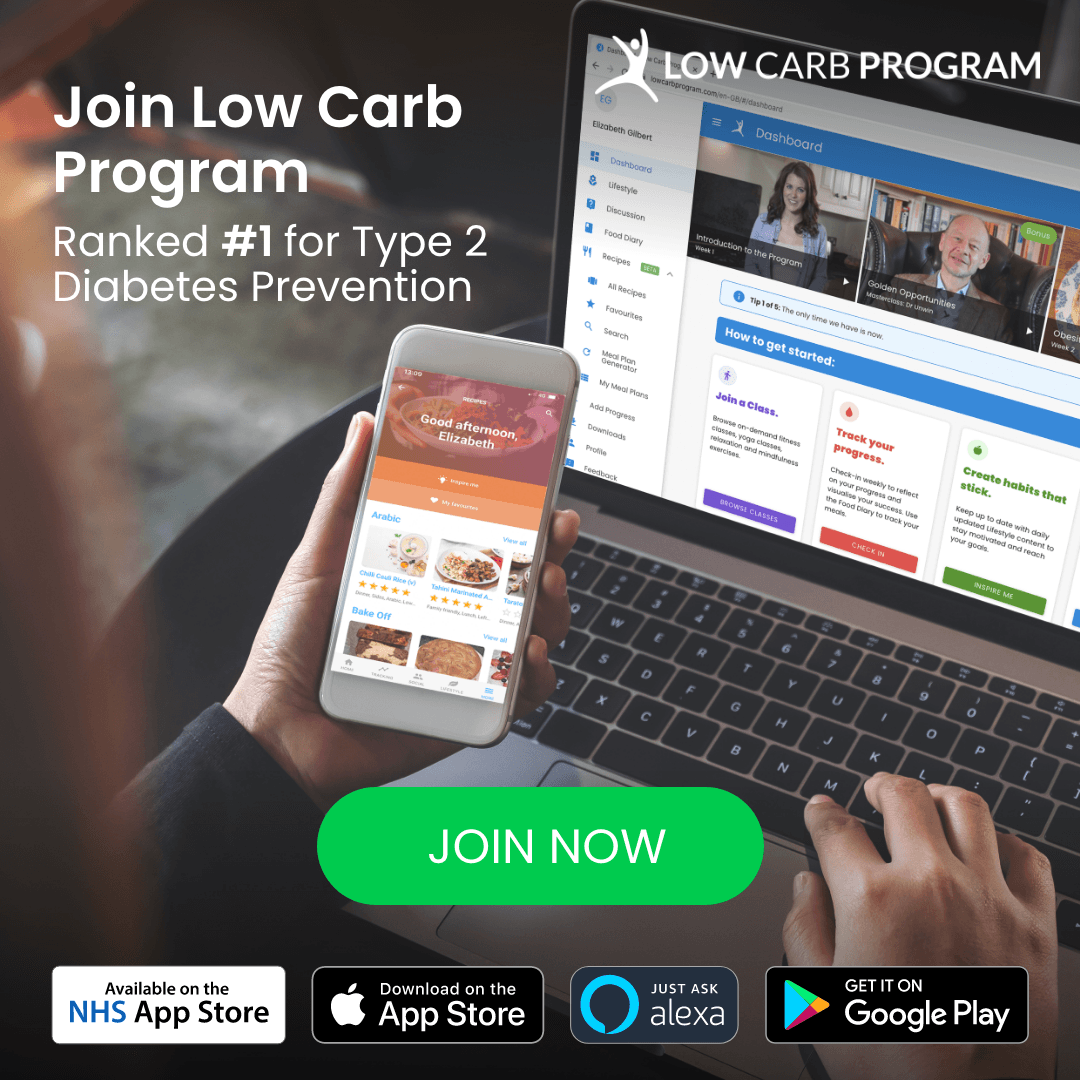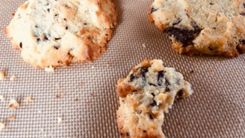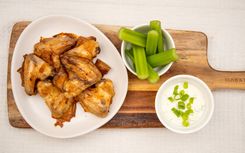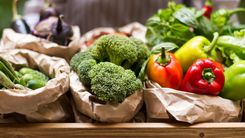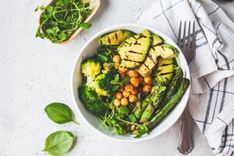9 tips to following a low carb vegetarian diet
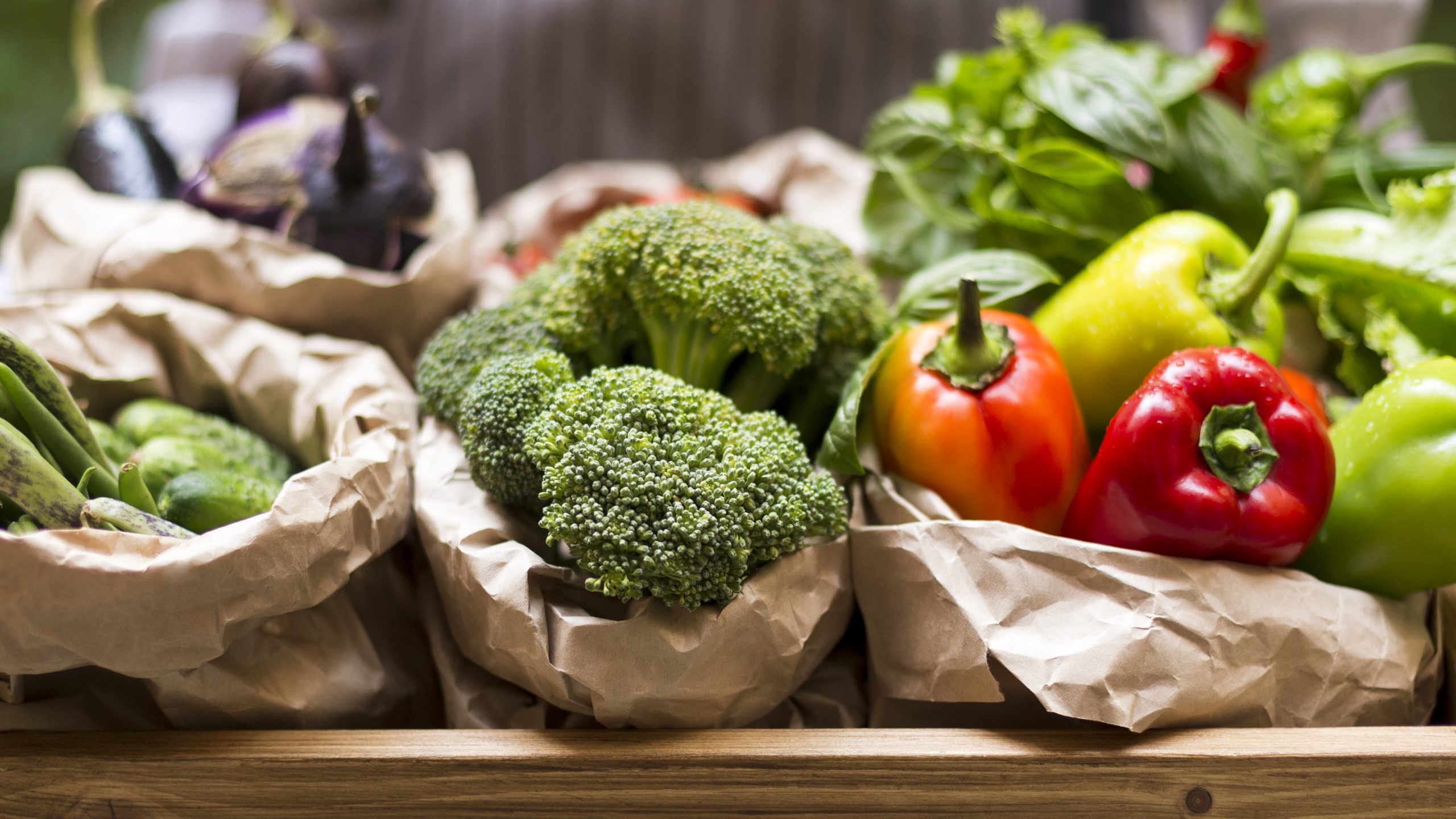
1) Vegetables
Low in carbs, packed full of nutrients and low in fibre, vegetables are a go to on a low carb diet. Aside from veggies being important for our health, they also help to keep us feeling fuller for longer. You can find useful resources on the carbohydrates in vegetables, within the Low Carb Program.
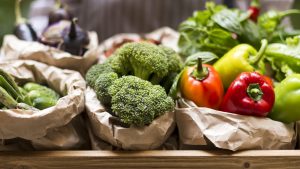
2) Healthy fats
Second we have healthy fats, which are arguably as important on a low carb diet as veggies. When combined together healthy fats and veggies really are the key to success. Wondering what type of foods you should be going for? You can enjoy olives, coconut, avocado, olive oil, coconut oil, nuts and seeds.
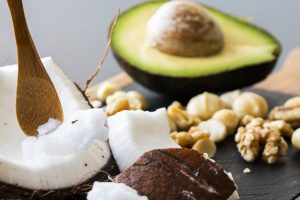
3) Nuts and seeds
A staple in most low carb diets, nuts and seeds are packed full of nutrients, healthy fats, and protein and can be used in so many different ways. Aside from enjoying a simple handful of nuts, you can used nuts in smoothies, as toppings on yoghurt bowls, in stir-fries and low carb baking.
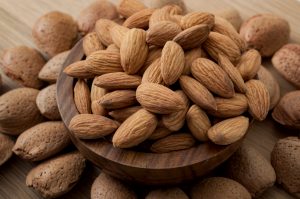
4) Tofu
Tofu is a great source of protein when it comes to plant-based diets and is low in carbohydrates. You can dress up tofu with herbs and spices and add it to anything, from salads, to stir fries, stews, soups and tray-bakes. You can even use it as a replacement for scrambled eggs. Sign up to the Low Carb Program and gain access to hundreds of vegetarian recipes, like Bang Bang Tofu and Pad Thai.
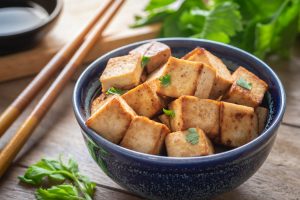
5) Be mindful of vitamin B12
Vitamin B12 is an essential nutrient, yet a common deficiency among people following a plant-based diet. This is due to the fact that animal foods are the main sources of dietary vitamin B12. Although it can be obtained from fortified foods, these are commonly cereals, which aren’t low carb friendly. If you are following a low carb plant-based diet, it is worth discussing this with your healthcare team, as some people require supplementation [1].

6) Fruit
Although we have to be careful of fruit intake when following a low carb diet, they can still definitely be enjoyed in moderation. Knowing which types of fruits are lower in carbs is helpful. Within the Low Carb Program there is an entire module dedicated to fruit, which will provide you with the tools to recognise the kinds of fruits you can be eating, as well as the carbohydrate content of different fruits.
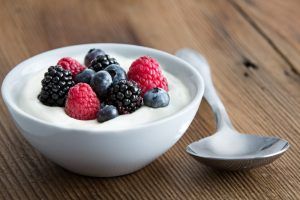
7) Legumes
Although slightly higher in carbs, legumes offer a source of protein and help to ensure you are getting a variety of micronutrients from your diet. They are also extremely versatile. They can be used in salads, casseroles, soups and make a perfect ingredient for a veggie burger. Try making our Low Carb Chickpea Burger & Guacamole - recipe can be found within the Low Carb Program.
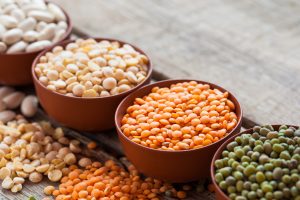
8) Combine your protein sources
Plant-based sources of protein are not ‘complete proteins’, meaning they don’t provide all 9 essential amino acids. For this reason, it is important when following a plant-based diet, to eat a variety of protein sources. Within the Low Carb Program we have more information on combining proteins.
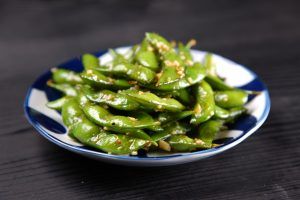
If you are a member of the programme and looking for vegan or vegetarian recipes, you can head to the Low Carb Program's recipe section, where there are hundreds of suitable low carb recipes to choose from.
References
[1] NHS (2019) Vitamin B12 or folate deficiency anaemia [Online] Available at: https://www.nhs.uk/conditions/vitamin-b12-or-folate-deficiency-anaemia/

